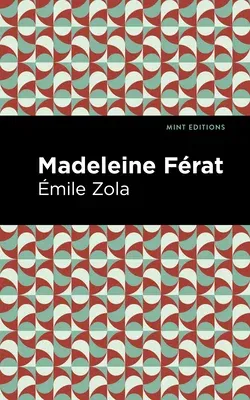Madeleine Férat (1868) is a novel by French author Émile Zola.
Following the success of his third novel, Thérèse Raquin (1867), Zola
published Madeleine Férat to lukewarm critical acclaim. Intent on
exploring taboo and the lives of people on the edge of society, Zola
crafts a narrative capable of illuminating the human condition while
humanizing those typically disdained by the literary elite. In 1920,
Madeleine Férat was adapted into an Italian silent film starring
Francesca Bertini. To anyone who makes their acquaintance, Guillaume and
Madeleine have a storybook romance--marriage, a child, the inheritance
of a beautiful villa and a sizeable fortune; these things and more bless
their family from the start and promise a lengthy, healthy relationship.
As Madeleine adjusts to the comforts and curiosities of married life,
she finds herself emboldened to share aspects of her personal history
with Guillaume. One night, she decides to tell him a story involving a
former lover, sparing no details on their sexual relationship. To her
horror, she discovers that her lover was once Guillaume's best friend.
Rather than amusing her husband, she shatters their idyllic existence,
plunging him into doubt and despair while exposing herself to his hidden
vindictive side. Madeleine Férat is a story of love, secrets, and the
false promise of modern life. Written at the very beginning of Zola's
career, it shows the innerworkings of a young mind interested in
subjects too often ignored by writers, a mind whose guiding principle is
truth and truth alone. With a beautifully designed cover and
professionally typeset manuscript, this edition of Émile Zola's
Madeleine Férat is a classic work of French literature reimagined for
modern readers.


